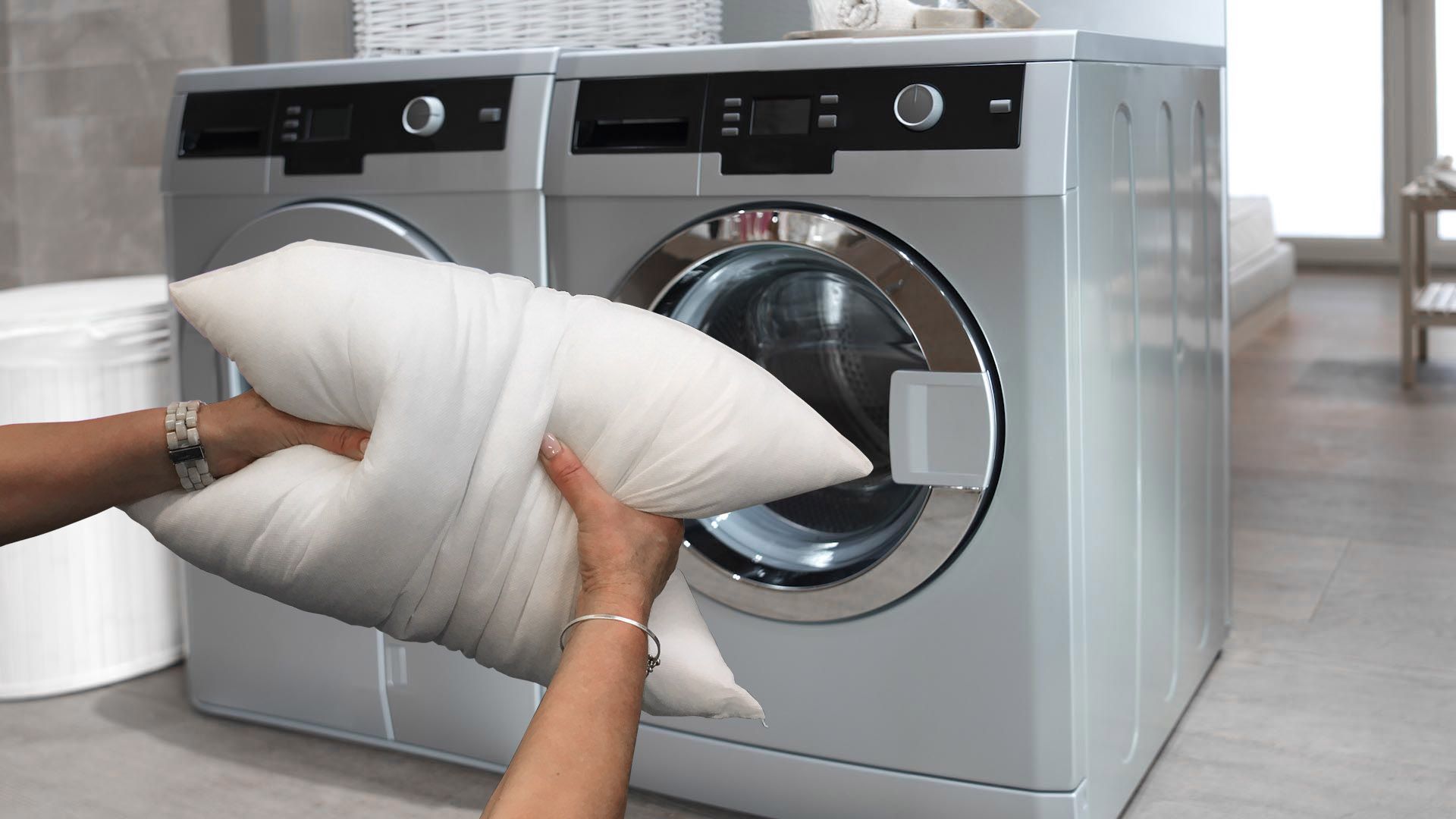

Articles
How Often Should You Wash Your Pillowcase
Modified: January 24, 2024
Discover the answer to how often you should wash your pillowcase and get expert advice in this informative article.
(Many of the links in this article redirect to a specific reviewed product. Your purchase of these products through affiliate links helps to generate commission for Storables.com, at no extra cost. Learn more)
Introduction
When it comes to maintaining a clean and hygienic sleeping environment, most people focus on washing their bed sheets and pillowcases regularly. While the importance of washing bed sheets is widely known, there is often confusion about how often pillowcases should be washed. After all, our pillowcases come into direct contact with our face and hair every night, collecting oils, sweat, and dirt along the way.
Regularly washing your pillowcase is essential for not only keeping it free from bacteria and allergens but also maintaining healthy skin and hair. In this article, we will explore the factors to consider when determining how often you should wash your pillowcase and provide some tips for maintaining a clean and fresh pillowcase.
Key Takeaways:
- Regularly washing your pillowcase is crucial for maintaining healthy skin, preventing acne breakouts, and eliminating odors, contributing to a fresh and hygienic sleeping environment.
- Factors such as personal hygiene habits, skin type, and environmental factors should be considered when determining how often to wash your pillowcase, with a general recommendation of once a week.
Read more: How Often Should You Change Your Pillowcase?
Importance of Washing Pillowcases
Keeping your pillowcase clean is crucial for several reasons. First and foremost, our pillowcases accumulate dirt, sweat, oils, and dead skin cells over time. These substances can create a breeding ground for bacteria and dust mites, which can lead to allergies, skin irritations, and other health issues.
Pillowcases also come into direct contact with our face and hair every night. The lingering residue of hair products, sweat, and natural oils can transfer to our skin, causing clogged pores, breakouts, and even acne. Additionally, pillowcases that aren’t regularly washed can become a prime environment for fungal growth, leading to issues like dandruff and scalp infections.
Moreover, pillowcases that are not properly washed can start to emit an unpleasant odor. This can disrupt your sleep and make your bed less inviting and comfortable. By regularly washing your pillowcase, you can eliminate odors and ensure a fresh and clean sleeping environment.
Overall, washing your pillowcase is not just about aesthetics, but also about maintaining good hygiene and promoting better skin and hair health.
Factors to Consider
When determining how often you should wash your pillowcase, there are several factors to consider. These include personal hygiene habits, skin type, hair type, and environmental factors.
Personal hygiene habits: If you have a strong skincare routine and wash your face every night before bed, you may be able to extend the time between pillowcase washes. However, if you wear makeup to bed, have oily skin, or sweat excessively at night, you may need to wash your pillowcase more frequently.
Skin type: Individuals with acne-prone or sensitive skin may benefit from washing their pillowcases more often to prevent the transfer of oils and bacteria that can contribute to breakouts or irritation.
Hair type: If you have oily hair or use a lot of hair products, you may need to wash your pillowcase more frequently to remove any residue that can transfer to your skin. On the other hand, if you have dry hair, you may be able to go a little longer between washes.
Environmental factors: The environment in which you sleep can also impact how often you should wash your pillowcase. If you live in a hot and humid climate or sleep with the window open, your pillowcase may accumulate more sweat and moisture, requiring more frequent washing.
It’s important to assess these factors and adjust your pillowcase washing routine accordingly. Remember, there is no one-size-fits-all answer when it comes to how often to wash your pillowcase. It ultimately depends on your individual circumstances and preferences.
Recommended Washing Frequency
While there is no definitive rule for how often you should wash your pillowcase, experts generally recommend washing it at least once a week. This will help remove sweat, oils, and bacteria that accumulate over time. However, depending on your personal circumstances, you may need to wash it more frequently.
If you have particularly sensitive or acne-prone skin, it’s advisable to wash your pillowcase every two to three days. This will help prevent the transfer of oils and bacteria that can contribute to breakouts and skin irritations.
For those with normal skin and no specific concerns, washing your pillowcase once a week should suffice. However, if you sweat heavily at night, use hair products that can transfer to your pillowcase, or live in a hot and humid climate, you may want to consider washing it every three to four days.
It’s worth noting that if you’re dealing with specific skin conditions such as acne, rosacea, or eczema, consulting with a dermatologist can provide valuable insights into the ideal washing frequency for your pillowcase.
Ultimately, the goal is to maintain a clean and hygienic sleeping environment. Consistency is key, so establish a washing routine that works for you and stick to it.
It is recommended to wash your pillowcase every 1-2 weeks to remove dirt, oils, and bacteria that can accumulate from your skin and hair. This can help prevent breakouts and keep your skin and hair healthy.
Signs to Watch Out For
While having a recommended washing frequency for your pillowcase is helpful, it’s also important to pay attention to certain signs that indicate when it’s time to wash it more frequently. Here are some signs to watch out for:
1. Odor: If your pillowcase starts to develop a noticeable odor, even after regular washing, it’s a clear indication that it needs to be washed more often. Odor can be a sign of bacterial growth or residual sweat and oils that have accumulated over time.
2. Acne breakouts: If you notice an increase in acne breakouts, particularly on the side of your face that comes into contact with the pillowcase, it may be a sign that oils and bacteria are being transferred to your skin. Washing your pillowcase more frequently can help prevent this transfer and reduce the risk of breakouts.
3. Itching or skin irritations: If you experience itching or skin irritations, such as redness or rashes, it could be a result of allergens or irritants present on your pillowcase. Washing it more often can help alleviate these symptoms and provide relief.
4. Stains and discoloration: Stains and discoloration on your pillowcase can be a sign of sweat, oil, or product buildup. If you notice these stains becoming more frequent or difficult to remove, it’s time to wash your pillowcase more regularly.
By paying attention to these signs, you can ensure that you’re maintaining a clean and healthy sleeping environment. When in doubt, it’s always better to err on the side of caution and wash your pillowcase more frequently to avoid potential issues.
Read more: How Often Should You Wash A Silk Pillowcase?
Tips for Maintaining a Clean Pillowcase
In addition to washing your pillowcase regularly, there are several tips you can follow to ensure that it stays clean and fresh:
1. Remove makeup and wash your face before bed: Before getting into bed, make sure to remove all makeup and thoroughly cleanse your face. This will prevent the transfer of oils and makeup residue onto your pillowcase.
2. Tie your hair up or use a hair wrap: If you have long hair, tying it up or using a hair wrap can help prevent transfer of oils and hair products to your pillowcase. This will reduce the frequency of washing needed and keep your pillowcase cleaner for longer.
3. Avoid eating in bed: Eating in bed can lead to food spills and crumbs on your pillowcase, attracting bacteria and potentially causing stains. Try to limit eating to designated areas and keep your pillowcase free from food debris.
4. Use a pillow protector: Investing in a pillow protector can provide an extra layer of protection for your pillowcase. It acts as a barrier against sweat, allergens, and spills, ensuring that your pillowcase stays cleaner for longer.
5. Wash your pillow: Your pillowcase and pillow go hand in hand, so it’s important to keep your pillow clean as well. Follow the manufacturer’s instructions for washing your pillow to remove any dirt, sweat, or dust mites that may have accumulated.
6. Rotate your pillowcases: Owning multiple pillowcases allows you to rotate them on a regular basis. This not only prolongs the lifespan of each pillowcase but also ensures that you always have a clean one available while the others are being washed.
7. Wash with care: When washing your pillowcase, follow the care instructions provided by the manufacturer. Use mild detergent, avoid using bleach or harsh chemicals, and opt for a gentle wash cycle to preserve the quality of the fabric.
By following these tips, you can maintain a clean and fresh pillowcase, ensuring a hygienic and comfortable sleeping experience.
Conclusion
Keeping your pillowcase clean is an essential part of maintaining a healthy sleeping environment. Not only does regular washing help eliminate bacteria, allergens, and odors, but it also promotes better skin and hair health. The recommended washing frequency for your pillowcase is typically once a week, but individual factors such as personal hygiene habits, skin type, hair type, and environmental factors should also be taken into consideration.
Remember to pay attention to signs that indicate when your pillowcase needs to be washed more frequently, such as odor, acne breakouts, itching, or staining. By staying proactive and responding to these signs, you can prevent the transfer of oils, bacteria, and allergens to your skin and maintain a clean and fresh pillowcase.
In addition to regular washing, implementing simple tips such as removing makeup before bed, tying up hair, avoiding eating in bed, using pillow protectors, washing pillows, and rotating pillowcases can go a long way in maintaining the cleanliness of your pillowcase.
Ultimately, the cleanliness of your pillowcase contributes to a comfortable and hygienic sleep environment. By incorporating these practices into your routine, you can ensure that your pillowcase remains fresh, free from bacteria, and conducive to restful sleep.
So, take the time to care for your pillowcase and enjoy the benefits of a clean and rejuvenating night’s sleep!
Frequently Asked Questions about How Often Should You Wash Your Pillowcase
Was this page helpful?
At Storables.com, we guarantee accurate and reliable information. Our content, validated by Expert Board Contributors, is crafted following stringent Editorial Policies. We're committed to providing you with well-researched, expert-backed insights for all your informational needs.
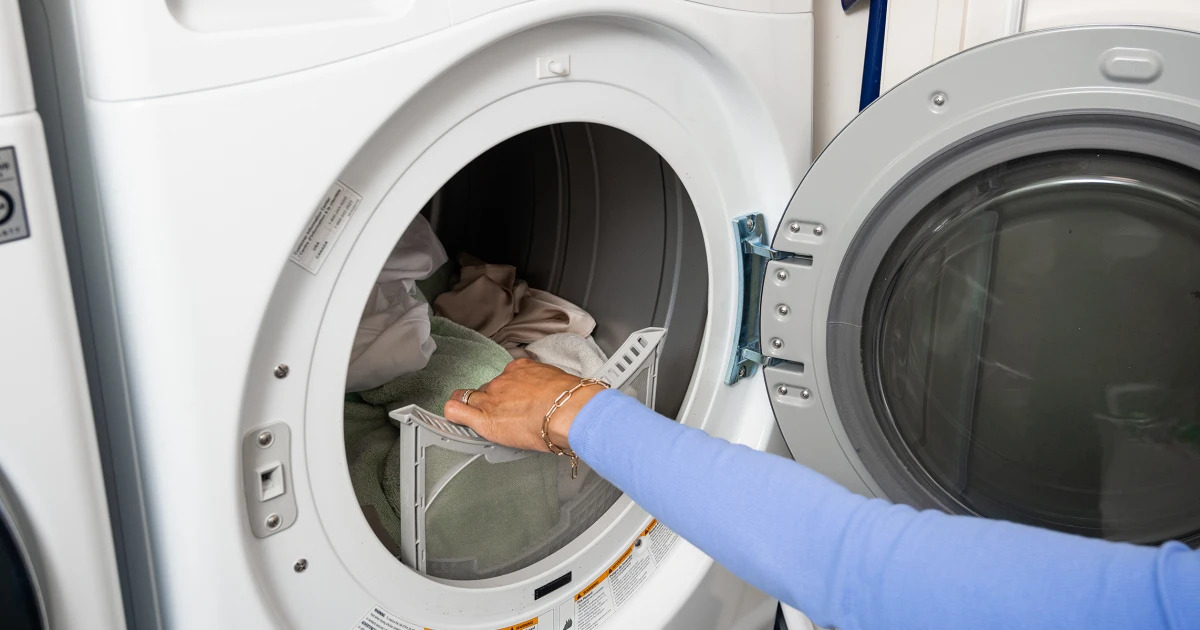
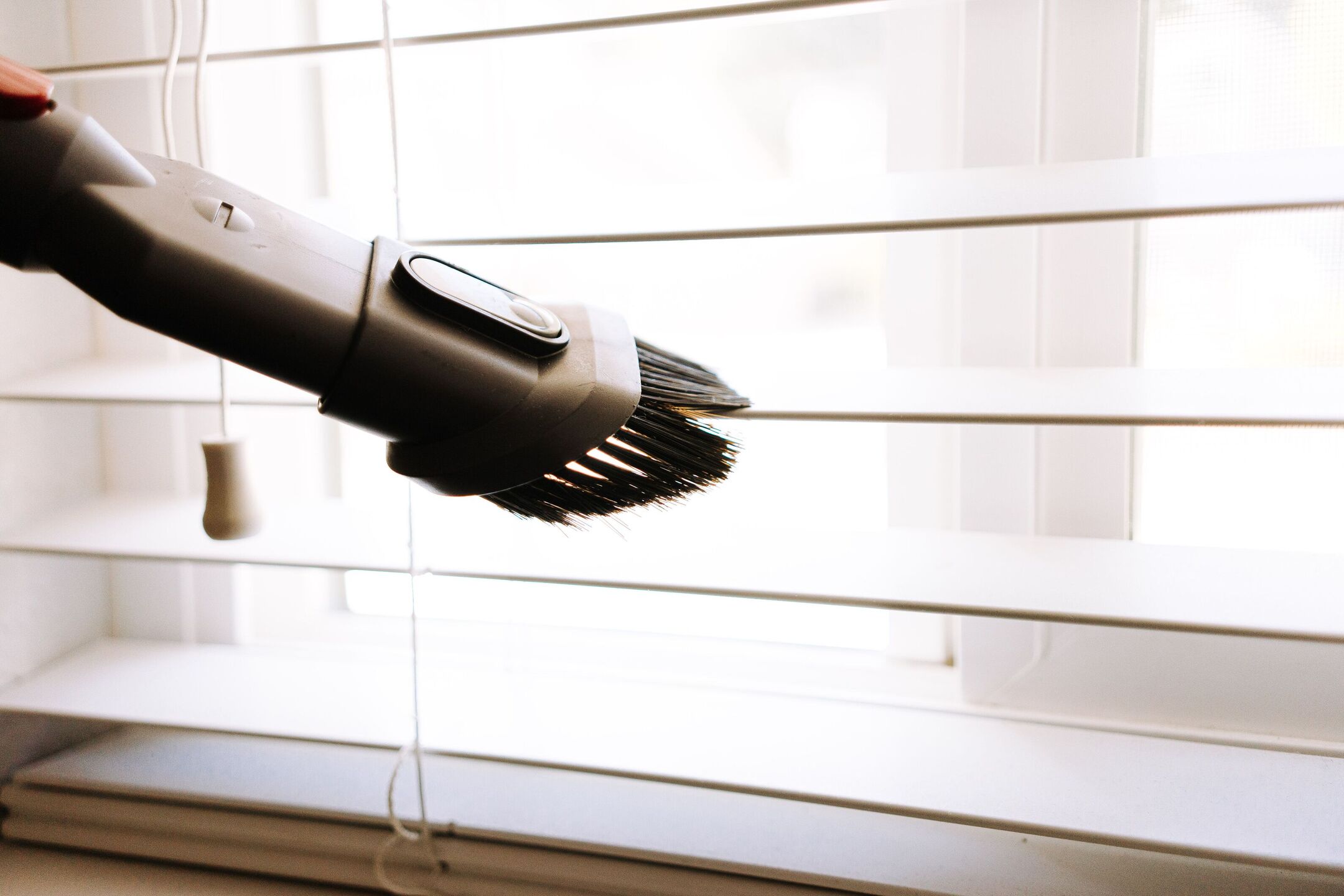
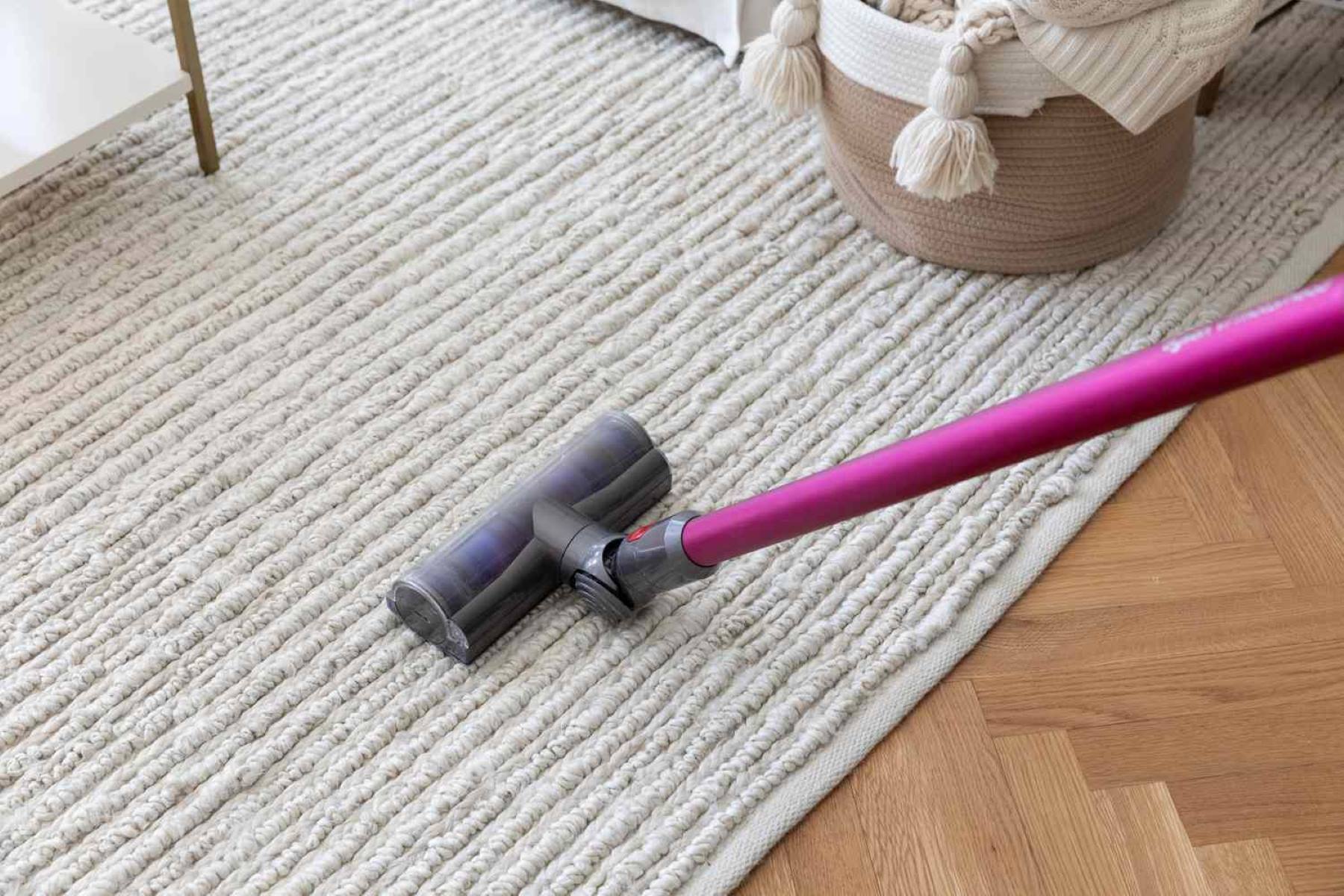
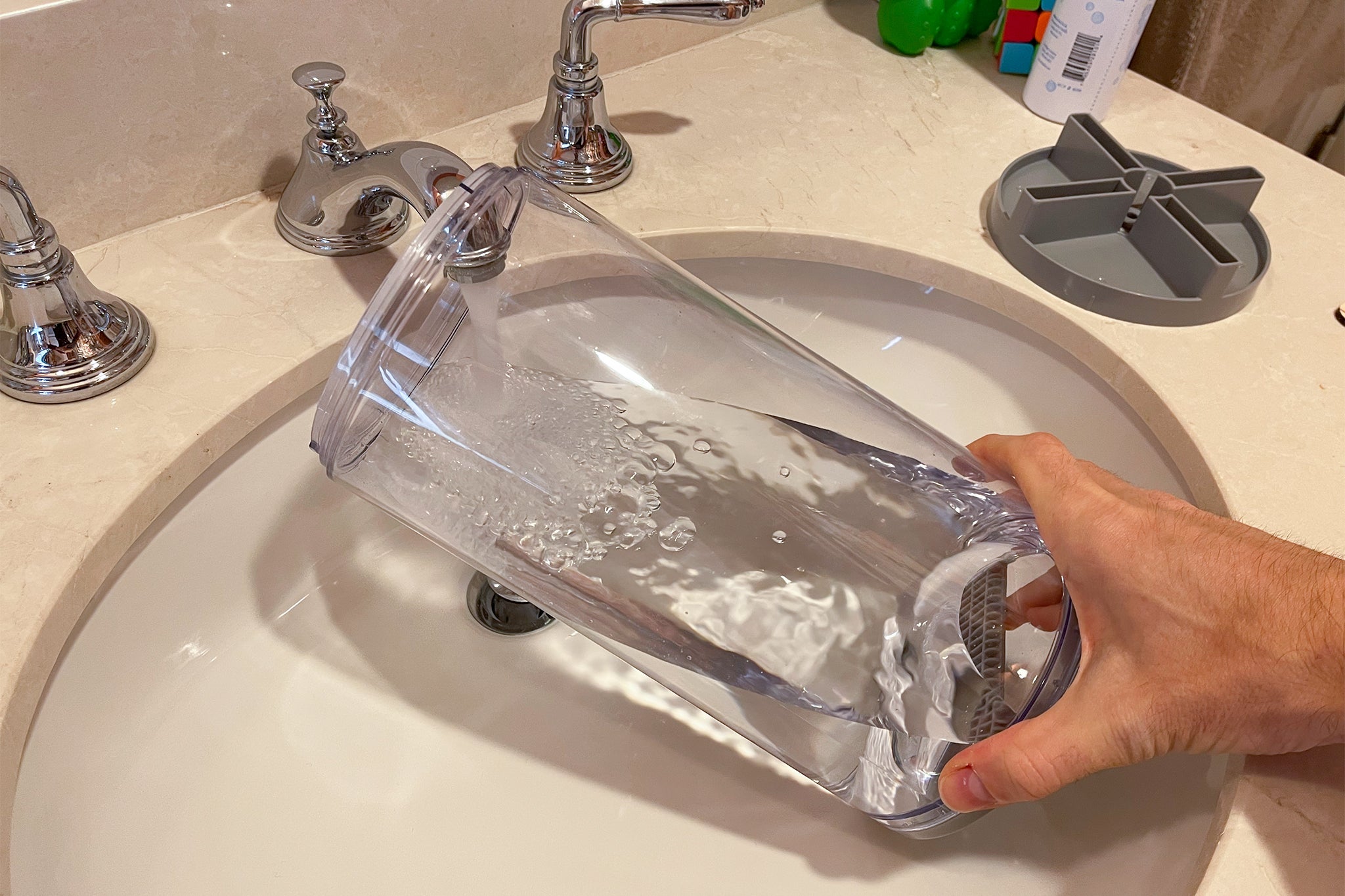
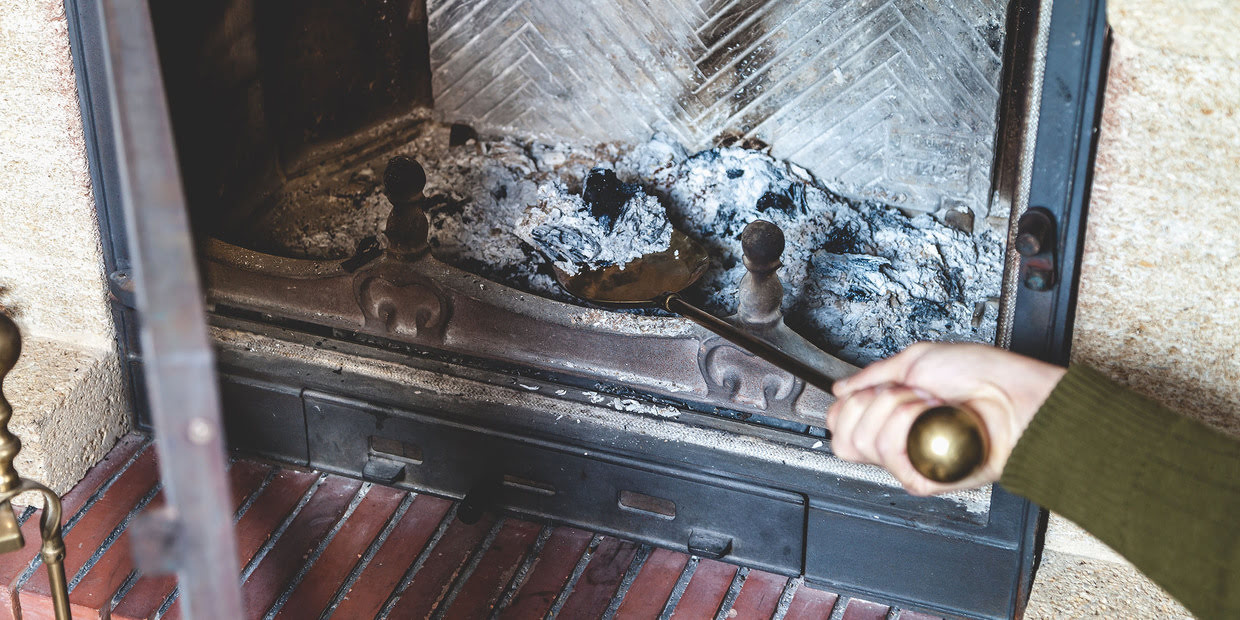
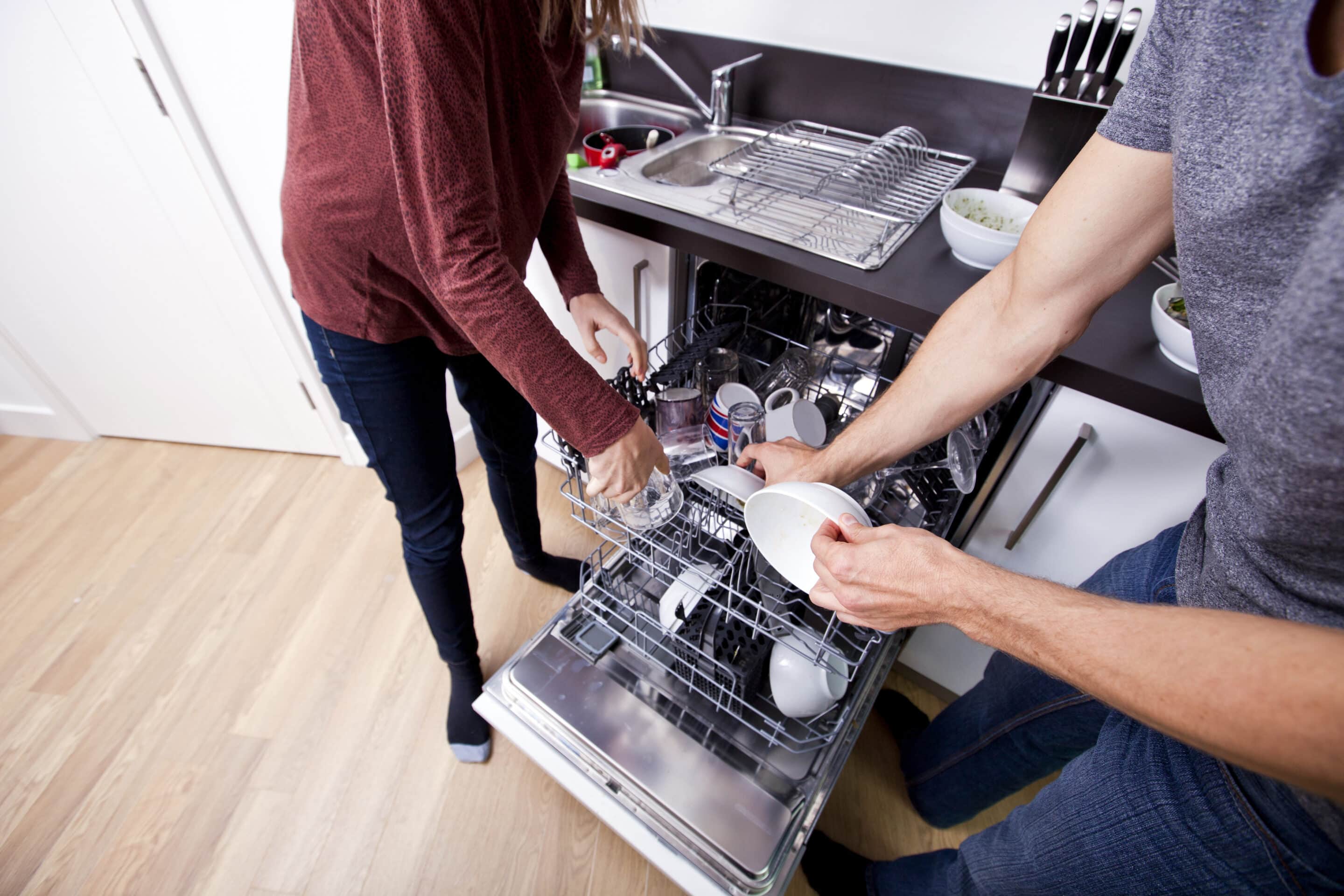
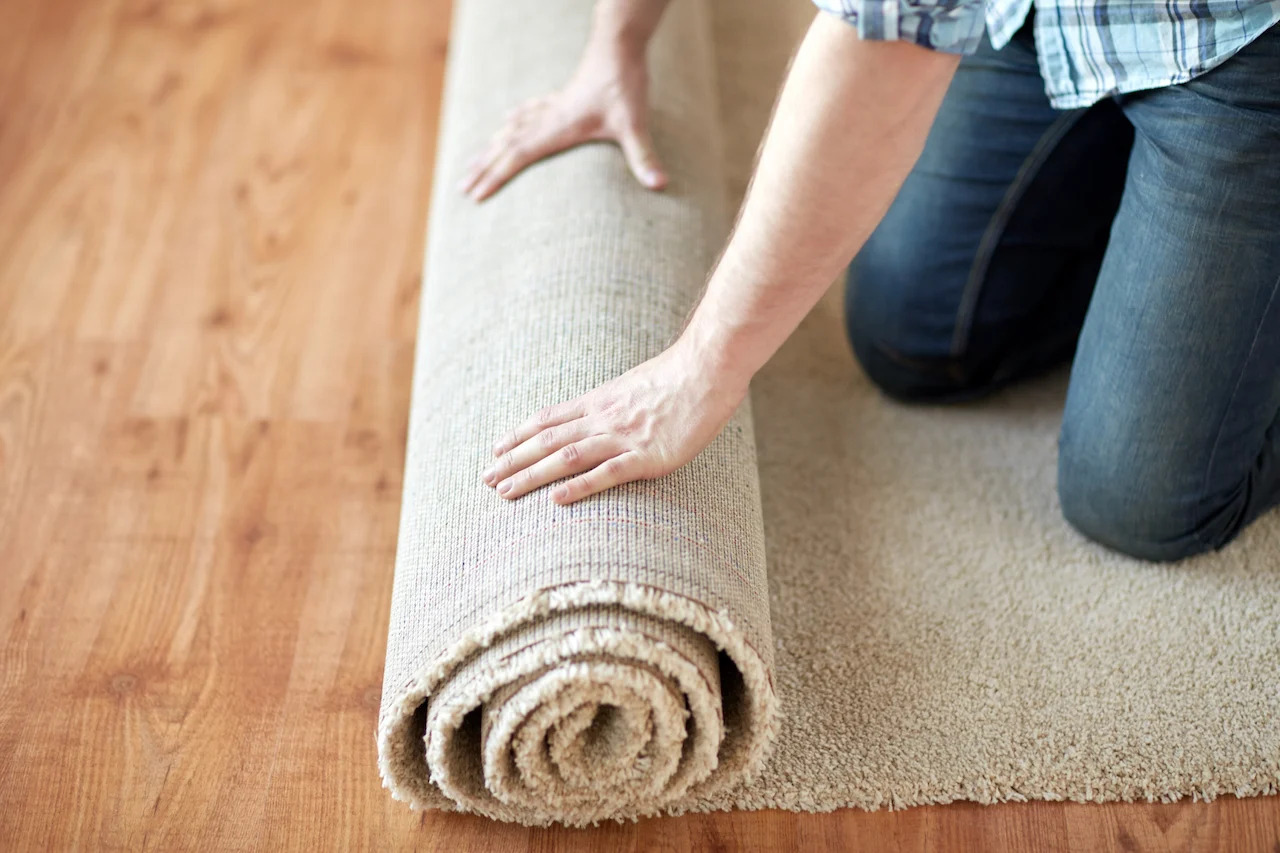

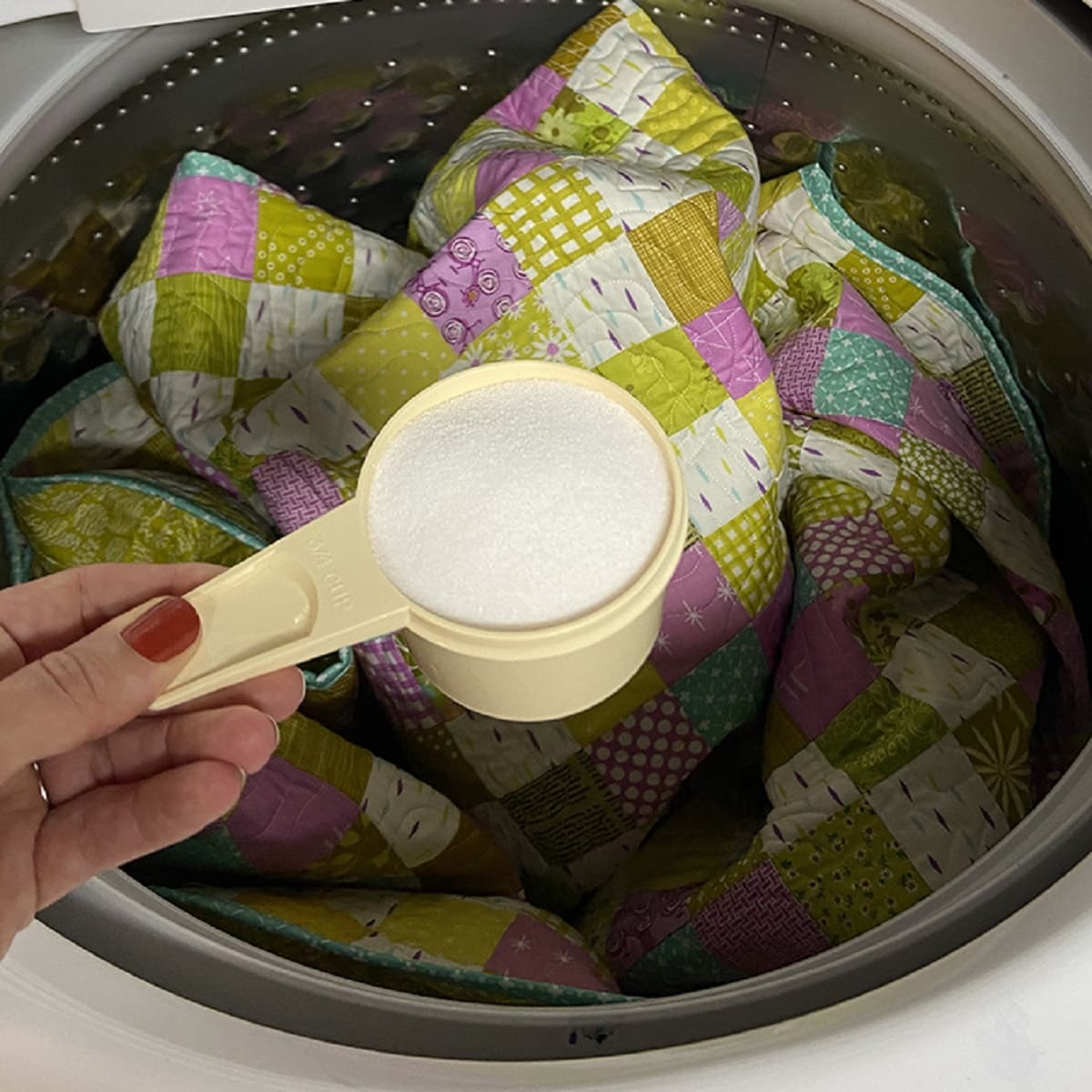
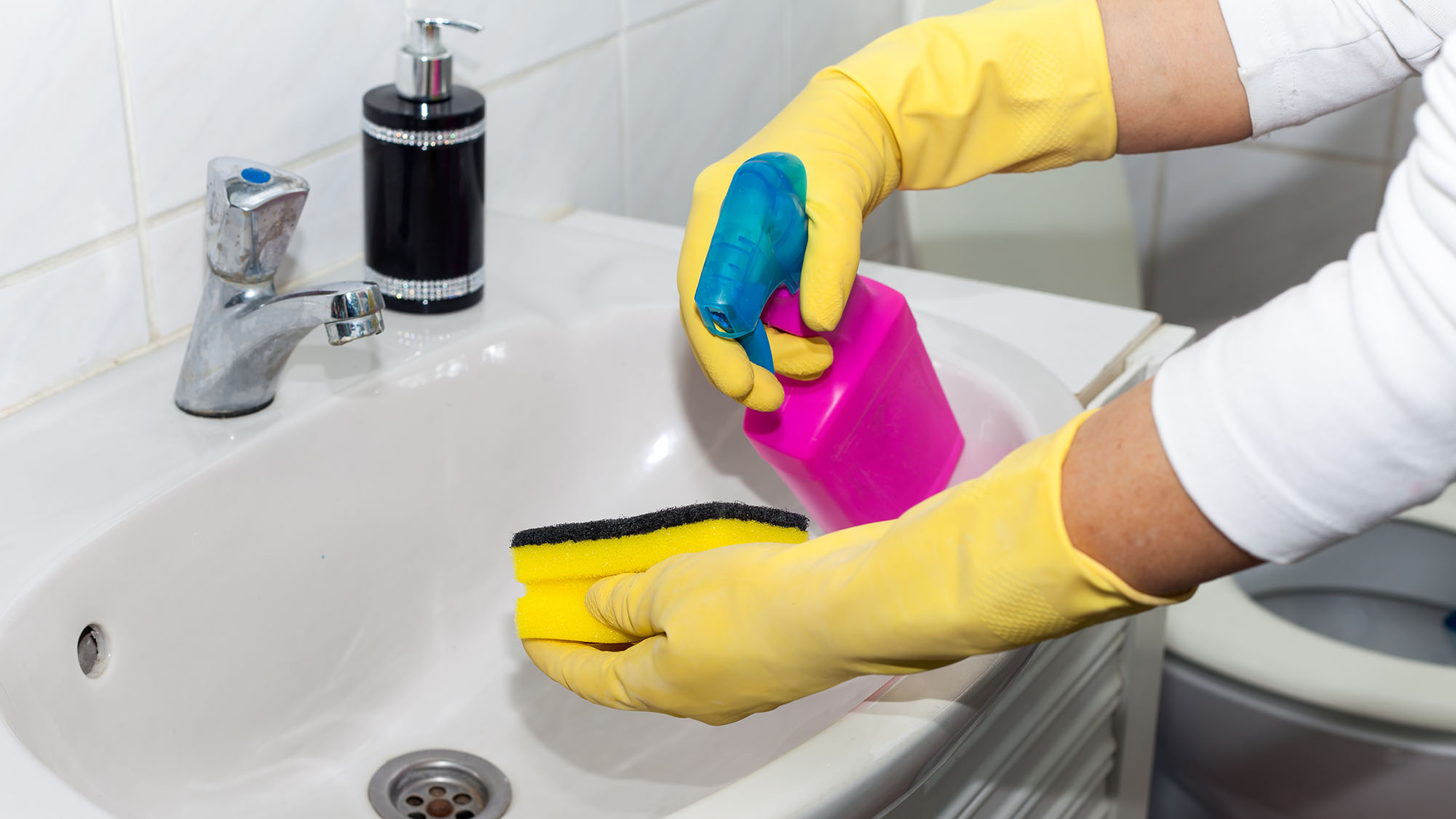
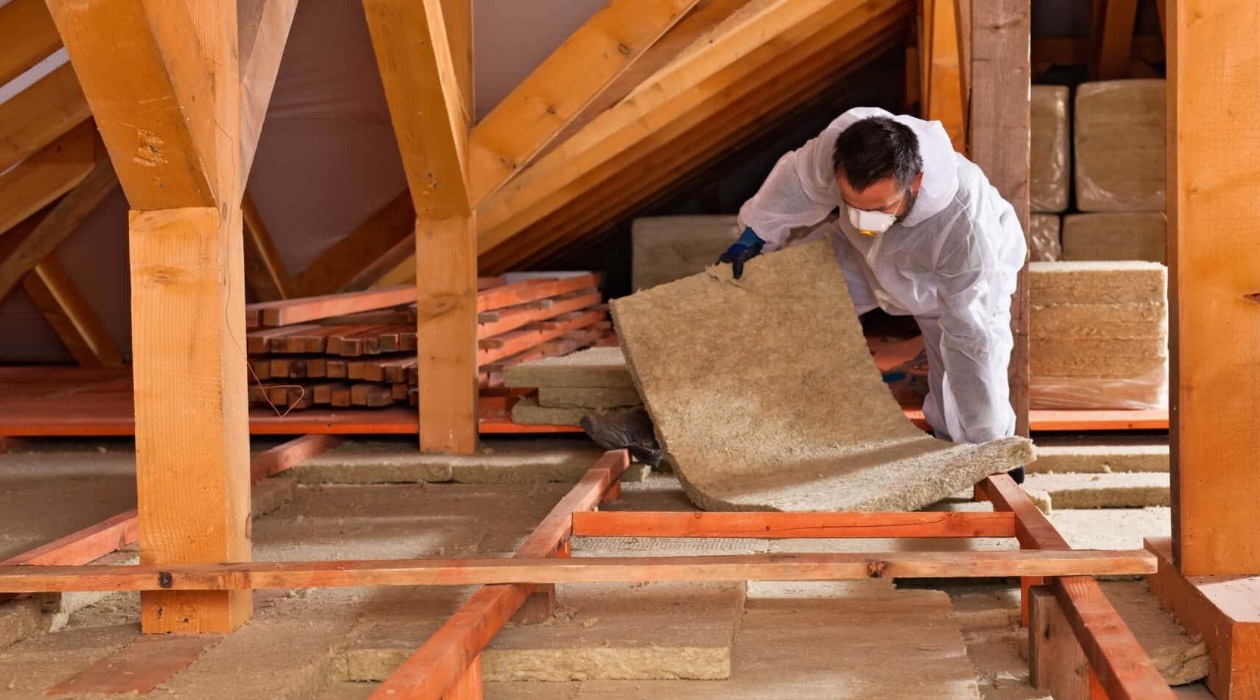
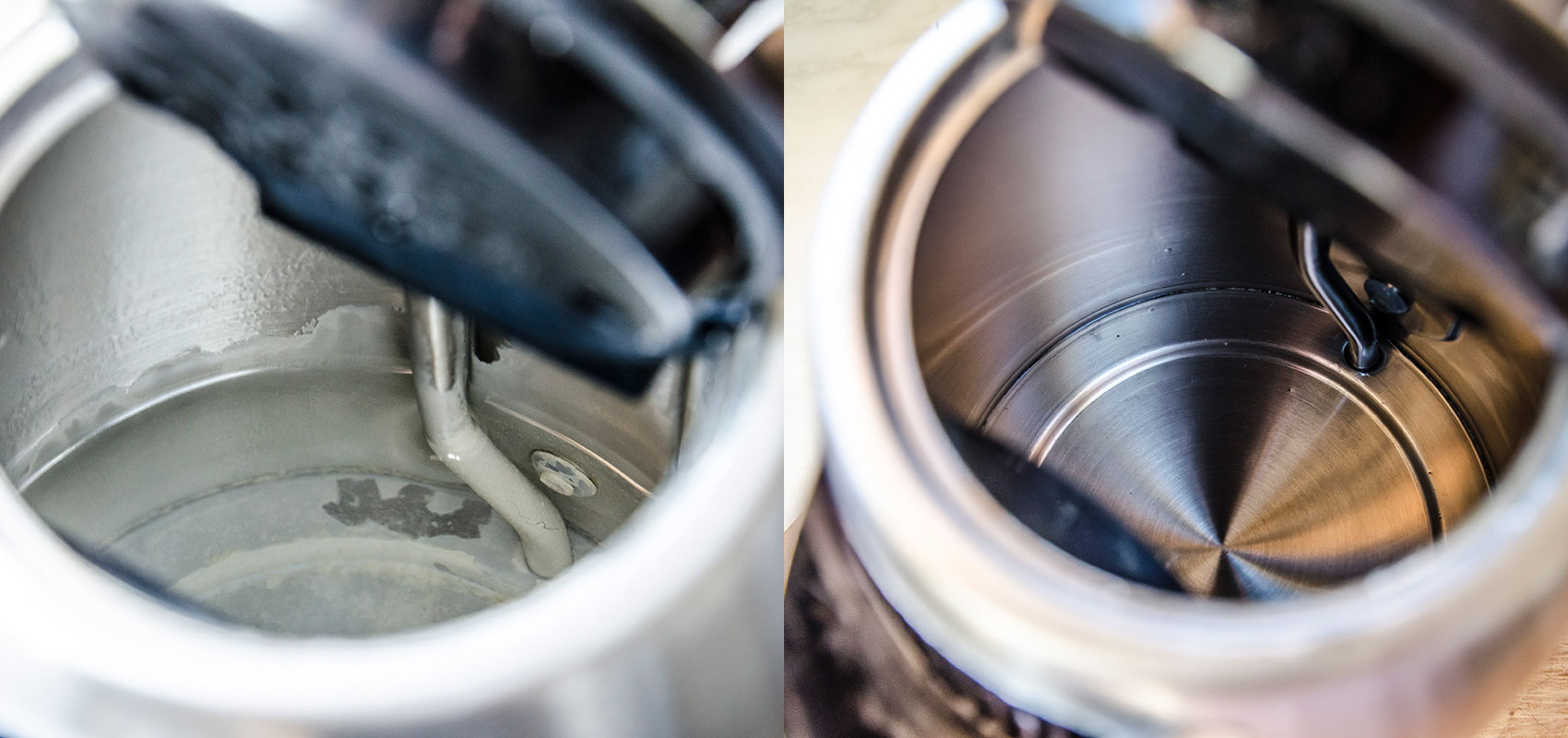

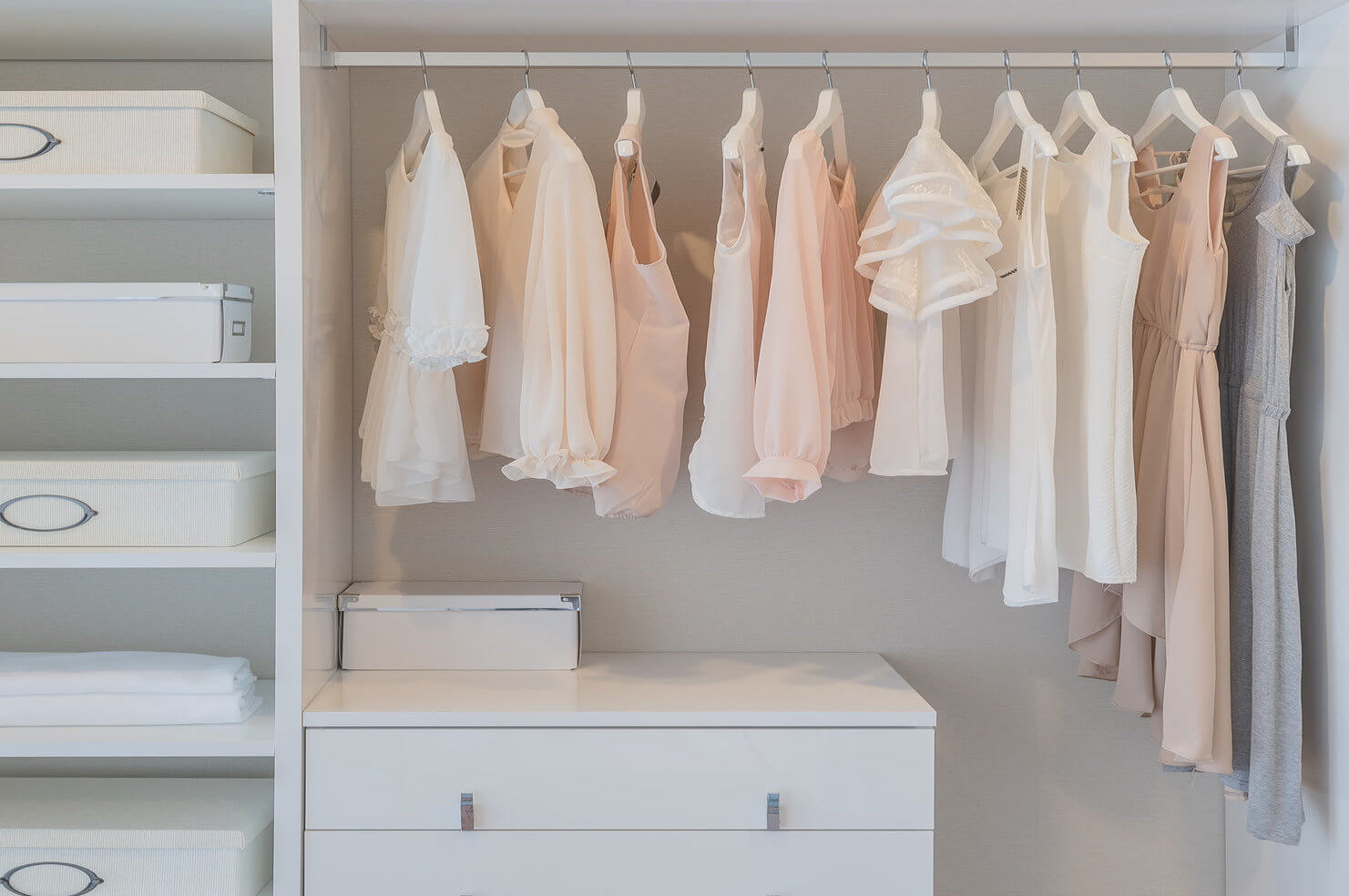

0 thoughts on “How Often Should You Wash Your Pillowcase”